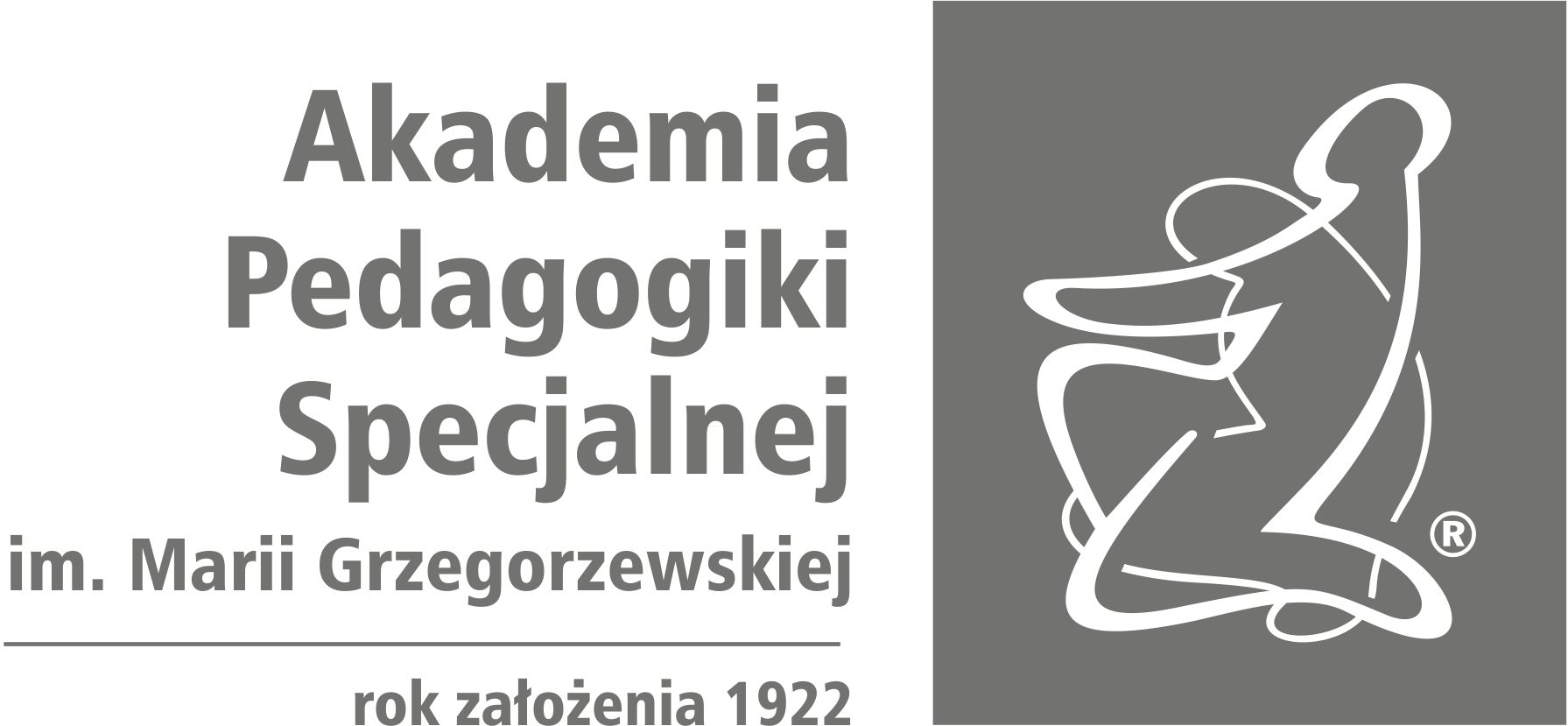The Concept of Good Living in Different Cultures
Informacje ogólne
| Kod przedmiotu: | 00-FF-ICF |
| Kod Erasmus / ISCED: | (brak danych) / (brak danych) |
| Nazwa przedmiotu: | The Concept of Good Living in Different Cultures |
| Jednostka: | Instytut Pedagogiki |
| Grupy: |
Fakultatywne dla 5 sem. (WS) ped. opiekuńczo-wych. i szkolnej, (3-l) stacjonarne I stopnia |
| Punkty ECTS i inne: |
0 LUB
2.00
(w zależności od programu)
|
| Język prowadzenia: | angielski |
| Rodzaj przedmiotu: | fakultatywne |
Zajęcia w cyklu "Semestr zimowy 2024/2025" (zakończony)
| Okres: | 2024-10-01 - 2025-02-23 |
Przejdź do planu
PN WT ŚR CZ KON
PT |
| Typ zajęć: |
Konwersatorium, 30 godzin, 17 miejsc
|
|
| Koordynatorzy: | Maria Zsögön | |
| Prowadzący grup: | Maria Zsögön | |
| Lista studentów: | (nie masz dostępu) | |
| Zaliczenie: |
Przedmiot -
Zaliczenie na ocenę
Konwersatorium - Zaliczenie na ocenę |
|
| Skrócony opis: |
Students will learn about the context of peripheral regions, the history of the conquest and the invizibilization of the knowledge of indigenous peoples. They will critically reflect about the importance of this knowledge specially when it comes to respect of the nature and of all living beings, in contract to the logic of capitalism and the destruction of natural resources. We will analize the proposals of the indigenous peoples and their relevance in contemporary society, in the region but also all over the world. We will analyze practical examples and work in a project related to the teachings of the indigenous peoples and Buen Vivir. |
|
| Pełny opis: |
Contents: Unit 1 • The context: Latin America • Cultural and linguistic diversity • History: colonization and imperialism • The legacy of the colony Unit 2 • Intercultural education and the struggle for recognition and reparation • Otherness, racism, epistemicide Unit 3 • Buen vivir in the legality of Latin America • Convention of the UN related to diversity and cultural expressions • Constitution of Ecuador, Pachamama as a subject of rights Unit 4 • Current relevance: Capitalism, extractivism, ecocide • Buen vivir and degrowth • Community vs the individual • Relevance of the concept in Europe |
|
| Literatura: |
BUEN VIVIR: AN ALTERNATIVE PERSPECTIVE FROM THE PEOPLES OF THE GLOBAL SOUTH TO THE CRISIS OF CAPITALIST MODERNITY. Author(s): Alberto Acosta and Mateo Martínez Abarca. Published by: Wits University Press. (2018) Stable URL: https://www.jstor.org/stable/10.18772/22018020541.11 Buen Vivir: Today’s tomorrow, EDUARDO GUDYNAS, Development, 2011, 54(4), (441–447) 2011 Society for International Development 1011-6370/11 Buen Vivir: A Concept on the Rise in Europe? Gustavo Hernández, Henkjan Laats December 28, 2020 http://www.greeneuropeanjournal.eu/ |
|
Właścicielem praw autorskich jest Akademia Pedagogiki Specjalnej im. Marii Grzegorzewskiej w Warszawie.



